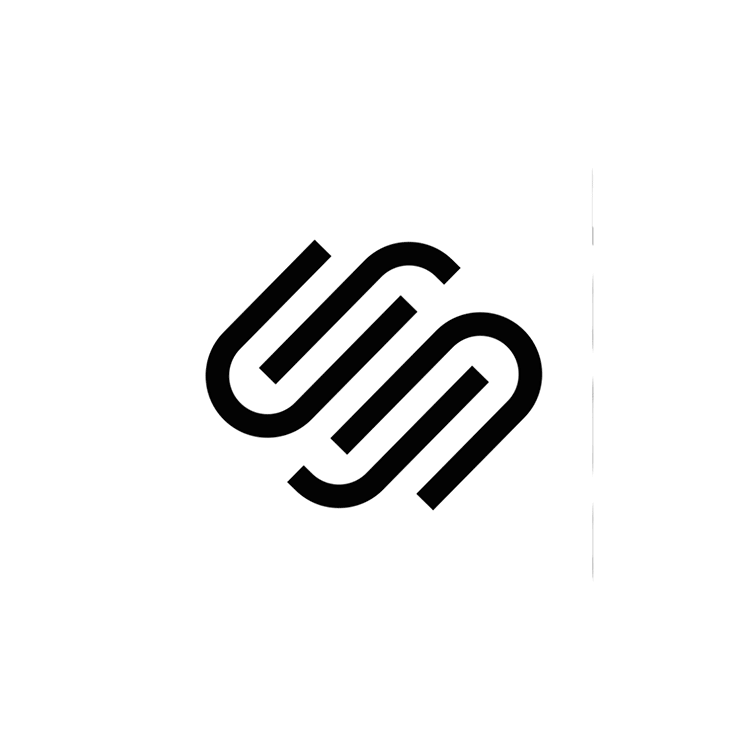As the trend of creating podcasts seems to have grown recently in the Digital Media course lately, I started thinking about my own podcast world and the things I notice surrounding it.
Why you always hear the same advertisers

I am sure like me, many of you have heard the good news about Squarespace THE online tool to create your own website like thousands of others, as recommended to me by almost all of the podcasts I listen to. Its almost like squarespace has a monopoly on the podcast ads industry (it doesn’t thanks to many other great companies like NordVPN.) Yet the sizeable representation of Squarespace ads prompted an article by The Atlantic. in 2015, .
According to this article, many companies like squarespace started sponsoring podcasts around 2010 due to the substantial growth. Only 9% of all Americans above age 13 reported listening to a podcast in 2008 . By 2015, this was already 13% (equivalent to almost 50 million people). At the same time, it costs substantially less to advertise on podcasts than it does on terrestrial radio. At the same time, hearing an ad from somebody you like to listen to seems to work better than from an arbitrary Radio Host. Thus making podcasts an attractive platform for advertisers.
The question of how effective these ads are is on the table. I personally quickly skip them as my podcasts app allows me to skip by 30 seconds with the press of a button. However the industry doesn’t seem all to concerned about this.
Exclusives and ‘Friends’

Joe Rogan and Spotify made a deal this year in May for exclusive access to his podcasts. Seemingly only Spotify subscribers would be able to acces them from a certain point in the future. If you actually enjoy listening to podcasts though, Spotify is not the place for it. Missing valuable features like show notes, chapters or silence trims. Even though I don’t listen to Joe Rogan, the thought of my favourite shows making a similar move is unimaginable. I was seemingly not the only one to think this, various news sites and podcasters alike made negative remarks about such exclusives. It’s understandable why Mr. Rogan made such a move. According to the Wall street journal, this deal would likely be worth $100 million based on milestones and performance metrics.
However this is not the only way to earn money through podcasts, one Dutch podcasts hosted by Sander Schimmelpenninck en Jaap Reesemastarted with a concept called ‘Luisterkindje’ (Translated to the very odd sounding: Listening kid) which is basically a sort of crowdfunding for their podcast by their listeners. While certainly not the first kid on the block to do such things, I picked them as Sander openly discussed the reasoning and profits of this in another podcast where he was featured on. According to Sander, it provided a stable income for the podcast that was preferable over sponsors in general, in return donators got access to exclusive content in a similar fashion to Patreon. Even my own professors of Korea studies, Remco Breuker’s K-Pod podcast received another season due to generous donations by listeners while receiving no extra content in return.
Podcasts nowadays seem to offer a tremendous platform for advertisers, yet a problem for advertisers remain that ads are skippable whilst at the same time having to find a niche that their ads fit into. Some podcasts host seek exclusive deals in search for a way to make a more stable living and others venture to their listeners for capital. All with all, the podcast space has matured to a place where listeners might be forced to choose between podcasts, or to have no other option then to donate to one of their favourite shows. The podcast world might change further in the future, but for now I still have the ability to listen to Joe Rogan outside of Spotify, skipping ads and not paying a dime.


Recent Comments